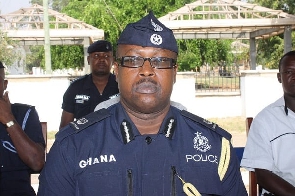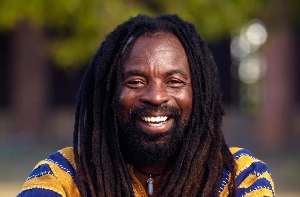“The magnitude and gravity of child rights violations taking place across Tigray show no sign of abating, nearly seven months since fighting broke out in northern Ethiopia.
“Over 6,000 unaccompanied or separated children have so far been identified and registered for protection and assistance. We fear there are many more children who need support in areas that we are unable to reach due to insecurity or access restrictions imposed by parties to the conflict.
Family tracing and reunification is constrained by limited telecommunications, limited presence of social workers, and limited access across lines of control.
“Women and girls are still being subjected to appalling acts of sexual violence. Over 540 survivors have received help through UNICEF programmes since the outbreak of fighting in November 2020, but the overall lack of security, and fear of reprisals, leave untold numbers unable to receive the care and services they urgently need.
“Children, parents and caregivers report deep anxiety and distress, saying they fear retaliation or attack. Adolescent boys speak of fear of recruitment and use by parties to the conflict. UNICEF partners continue to report arbitrary arrests and detention.
“At least 1.6 million people, including over 720,000 children, have been displaced by fighting across the region. Conditions in displacement sites and refugee camps are overcrowded, unsanitary and unsafe, magnifying the risks of gender-based violence, abuse or exploitation, and water-borne diseases.
“Much of Tigray remains inaccessible to humanitarian workers. Since the beginning of April, at least 31 missions by mobile health, nutrition and water teams supported by UNICEF and partners have been blocked, either due to insecurity or because they were harassed and denied passage.
“Children are paying a terrible price for this conflict. UNICEF calls on all parties to respect their fundamental obligation to enable unimpeded and sustained access to civilians in need of assistance, especially for children.
Above all, we call on all parties to do everything in their power to protect children from violence, exploitation and abuse, and to prevent separation from their parents or primary caregivers.”
Africa News of Wednesday, 2 June 2021
Source: unicef.org

















